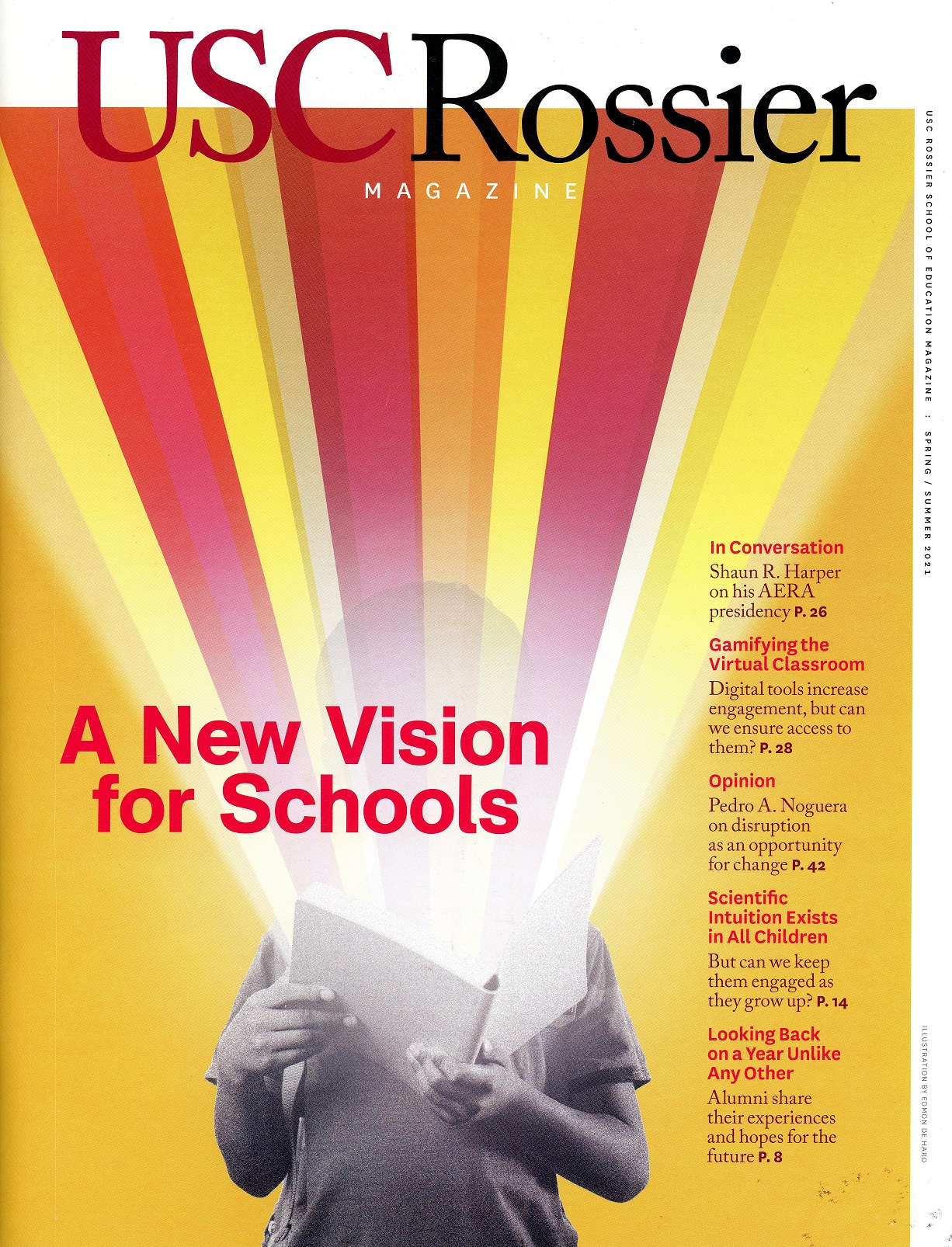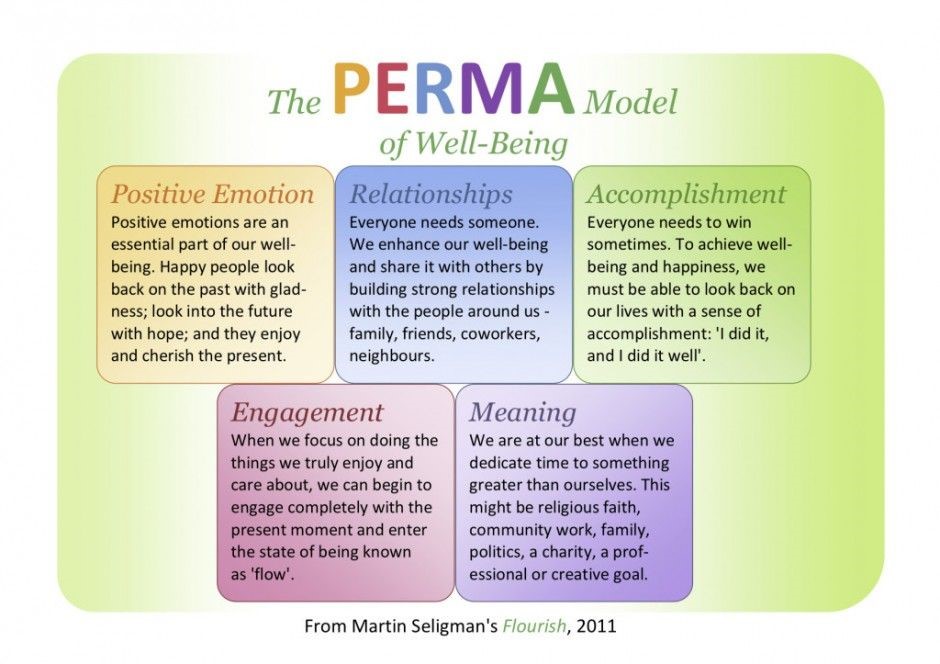In the new book David and Goliath by Malcolm Gladwell, the advantages of disadvantages are explored.
The book cites a study from the City University of London stating that an extraordinarily high number of successful entrepreneurs are dyslexic; around one third. These individuals include Richard Branson, Charles Schwab, the founders of Jetblue, Cicso, Kinko’s and the list goes on. This poses an interesting investigation- to what extent does the disadvantage influence the successful outcome?
Could the remarkable ability to persevere in the face of challenge be an innate feature of brilliance and creativity, so much that even a learning or neurological disorder could not hold one back? Or, could the disadvantages teach the skills of successful struggle, proving to be an enormous advantage? Can becoming comfortable with failure and bouncing back from adversity be the unappreciated blessing? As someone with dysgraphia, I think so.
Dysgraphia is a neurological processing disorder characterized by writing disabilities. Specifically, the disorder causes a person’s writing to be distorted or incorrect. People with dysgraphia can have trouble organizing letters, numbers and words on a line or page. This can result partly from:
- Visual-spatial difficulties: trouble processing what the eye sees
- Language processing difficulty: trouble processing and making sense of what the ear hears

In children, the disorder generally emerges when they are first introduced to writing. They make inappropriately sized and spaced letters, or write wrong or misspelled words, despite thorough instruction. Children with the disorder may have other learning disabilities; however, they usually have no social or other academic problems.
Cases of dysgraphia in adults generally occur after some trauma. In addition to poor handwriting, dysgraphia is characterized by wrong or odd spelling, and production of words that are not correct (i.e., using “apple” for “spoon”). The cause of the disorder is unknown, but in adults, it is usually associated with damage to the parietal lobe of the brain. Simply having bad handwriting doesn’t mean a person has dysgraphia. Since dysgraphia is a processing disorder, difficulties can change throughout a lifetime.
If your child or student displays trouble in any of the areas below, request an an assessment from your school psychologist or discuss the issue with your pediatrician.
- Tight, awkward pencil grip and body position
- Illegible handwriting
- Avoiding writing or drawing tasks
- Tiring quickly while writing
- Saying words out loud while writing
- Unfinished or omitted words in sentences
- Difficulty organizing thoughts on paper
- Difficulty with syntax structure and grammar
- Large gap between written ideas and understanding demonstrated through speech.
Some individuals with dysgraphia improve their writing ability, however the disorder can still persist. There is no known cure or treatment that works for everyone. I have found that having focused mindfulness of each letter stroke and spacing between letters while breathing slowly can be beneficial. Although, at that rate it can take five minutes to write two sentences (which I have done many times). I have recently begun typing thank you cards and printing them on the cards through the printer, this saves hours of rewriting and many cards from ending up in the trash. I used to write five or six versions of a card before one looked legible and acceptable. Yes, I went through cards like tic-tacs.
A good sense of humor has been my favorite medicine. I have learned to find comic relief in misspellings and odd shaped letters when submitting forms to doctors offices and anything else requiring handwritten expression. I try to keep a smartphone nearby to check spelling and visualize the words and letters before writing.
It is impossible to say where I would be in life without the struggle with written expression. If I had the opportunity to change anything- I wouldn’t. What if the disability itself is the reason I became resilient and focused? What if failure made me stronger? Could the benefits of the disorder be an unappreciated blessing as Malcolm Gladwell suggests?
It is impossible to know those answers…so logic and choice lead me to believe that I have more to be grateful for than I may ever know.
More information on dysgraphia can be found at:









Kids with learning difficulties should be help and helpful tips you shared that parents can follow through.